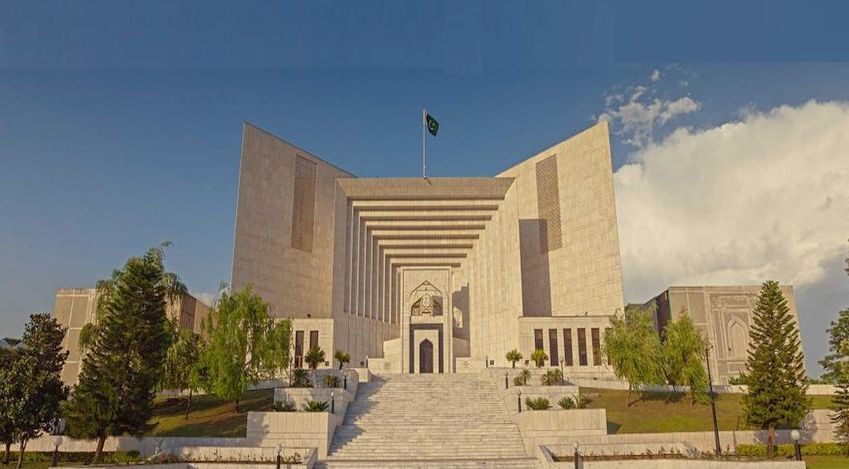Supreme Court of Pakistan Highlights Procedural Flaws i.e. Political Influence, Biased Benches, Unauthorized Investigations, Procedural Irregularities in Zulfiqar Ali Bhutto Murder Trial
Islamabad 04-12-2024: The Supreme Court of Pakistan, in a landmark advisory opinion issued in response to Presidential [Reference No. 1 of 2011], has identified significant violations of due process and fair trial rights in the 1979 murder trial of former Prime Minister Zulfiqar Ali Bhutto. The Court, exercising its advisory jurisdiction under Article 186 of the Constitution, declared the trial proceedings deeply flawed and tainted by political interference.
The Court reiterated the scope of its advisory jurisdiction, emphasizing that it is limited to addressing questions of public importance and cannot reappraise evidence or overturn final judgments. Mr. Justice Syed Mansoor Ali Shah noted, however, that the advisory jurisdiction remains critical for addressing historical injustices and upholding constitutional principles.
The Court cited numerous procedural violations in the trial and appellate processes, including:
- Unauthorized reinvestigation by the Federal Investigation Agency.
- Transfer of trial proceedings from the Sessions Court to the Lahore High Court in violation of legal procedures.
- Biased composition of the trial and appellate benches, which included judges with personal grievances against Bhutto.
- Cancellation of bail and failure to address recusal requests based on credible allegations of bias.
These violations, the Court observed, undermined the fundamental rights to due process and a fair trial enshrined in Articles 4, 9, and 10A of the Constitution.
Highlighting the context of Bhutto’s trial, the Court described it as a “political trial” orchestrated to consolidate the authoritarian rule of General Zia-ul-Haq. The judgment referenced global academic and judicial perspectives on political trials, emphasizing their misuse as tools for silencing dissent and legitimizing authoritarian regimes.
The judgment placed Bhutto’s case within the framework of “transitional justice,” which seeks to address historical injustices in post-authoritarian states. The Court acknowledged that while it could not overturn Bhutto’s conviction, it could provide a symbolic acknowledgment of the miscarriage of justice. The Court also called for greater accountability of judicial and executive actors who enable authoritarian regimes.
Mr. Justice Syed Mansoor Ali Shah underscored the judiciary’s role as a bulwark against authoritarianism, praising the courage of dissenting judges like Justice Dorab Patel, who resisted pressure during Bhutto’s trial. The judgment called on the judiciary to resist authoritarian overreach and uphold its constitutional duty without fear or favor.
Powered by Froala Editor








